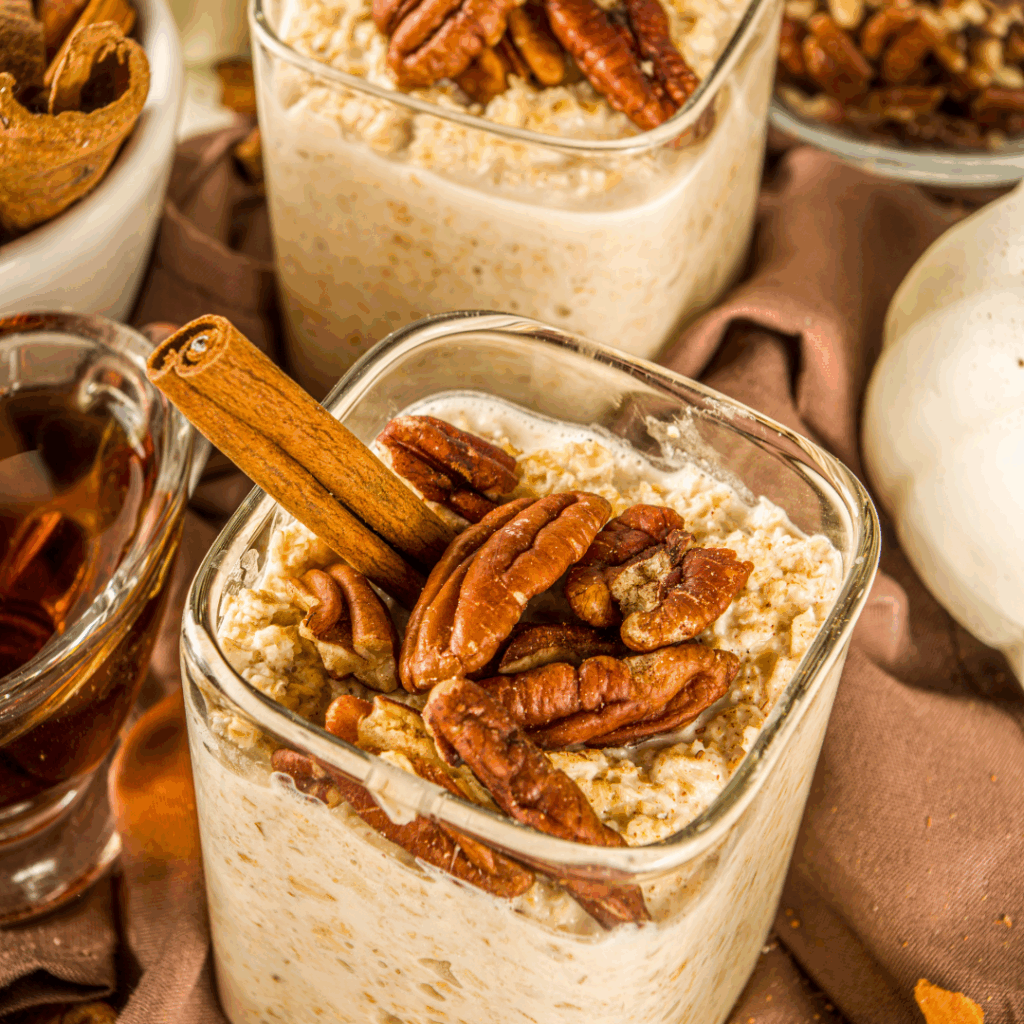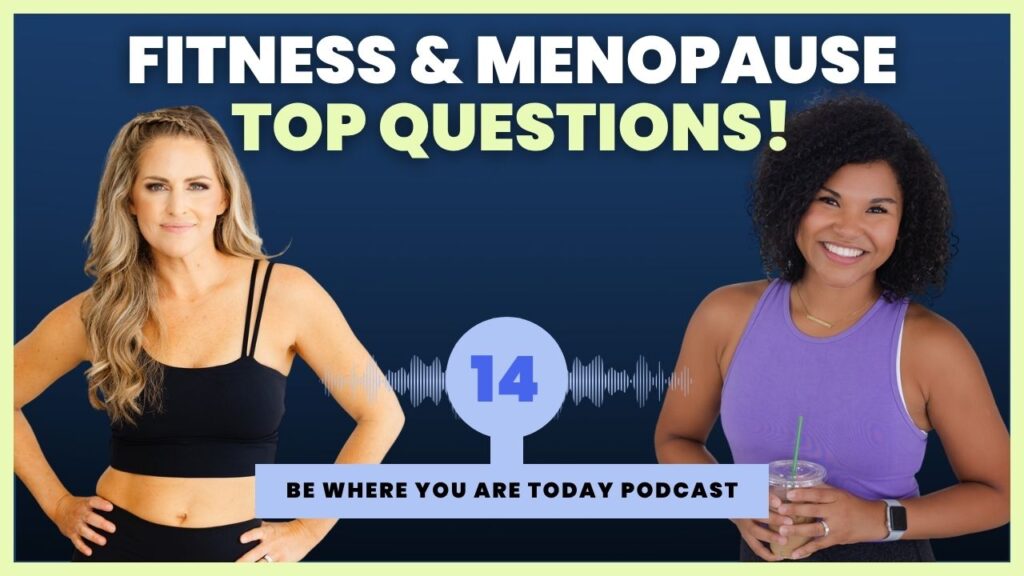Most people create plenty of structure for themselves during work hours but fail to do so when it’s most needed: at night. After a long day of work, taking care of kiddos (if you have em’), cleaning, laundry, running errands, paying bills, and taking care of a bazillion responsibilities, you are spent. It is now 7pm, and you managed to survive the day. You are ready to relax, kick your feet up, and boom – the urge for something sweet hits you. You had plenty of self-motivation throughout the day. You ate your planned healthy snacks and your meal-prepped lunch, but suddenly, your willpower has dwindled, and it’s way easier to say screw it than it was at 1pm. Why? This is called decision fatigue.
When we are exhausted, our bodies will nudge us into doing things that feel good. Salt and sugar create a strong reward sensation, and your brain memorizes that super good feeling. When you feel tired after a long, stressful day, the brain will send you signals in the form of cravings to make you feel good. It goes something like this:
Brain: Hey, people (the people are nerve signals)! We are down in the dumps and we gotta do something! The last time she was tired and stressed, she had chocolate truffles, and then we felt good and got such a nice release and a quick energy jolt. Can you please make her crave that again so that we can get out of this funk and feel good?
And, voila! The craving hits. Combine that with the fact that you are tired; you’ve been making decisions all day long, and you’ve been in structure mode for many hours. Your critical thinking skills aren’t as sharp as they were in the morning, and you are officially outside of the day’s structure. You have a plan for 8 am – 5pm, but there is no plan or system for anything after. So, you grab the truffles, and portioning them is too much work, so you eat them straight out of the container. You head for the TV with a tall glass of wine, and you take a deep breath and sigh of relief as you get comfy on your couch. Then, during a commercial break, you look down at your truffle container and realize that they are all gone (or mostly gone). You wonder if you blacked out. How did this happen? Mindless eating.
Eating mindfully takes work. To mindfully eat, you must concentrate and be present. That may be easier when you have a lot of energy but at night? Puh-lease! The last thing I want to do is think! Your body and brain are tired from the day, meaning that you are naturally inclined to do all the things that feel comforting – tv, wine, and sweets. You could mindfully eat your truffles, but that means turning off the TV, and right now, you don’t want rules, structure, or work. You want to check out. You want to be mindless.
Are you starting to notice how this is the perfect storm? Decision fatigue leads to mindless eating. Mindless eating leads to overeating. Long days that leave you fried lead to cravings and emotional eating, making it incredibly difficult to stick to our healthy habits at night. And this is why evening and nighttime snacking are such common challenges. Now that you know this, what should you do?
Be nice to yourself
Beating yourself up about your nighttime snacking won’t change anything. Now that you understand why this happens, you can show yourself some compassion. There’s a physiological reason you are prone to sweets or salty goods at night. Instead of getting frustrated with yourself, let’s look at your mindset and your planning skills to turn this around.
Eat enough throughout the day
Are you being a little too strict with your healthy eating during the day? Believe it or not, the number one reason for uncontrollable night snacking is restriction. If you restrict your intake and only allow yourself to eat “perfect” foods during the day but feel out of control with food at night, it’s time to reconsider. If you are not eating enough during the day, your body will fight hard to get some food in. If you are starving, your body will drive you to the sugary (quick energy) and fattier (the most amount of energy) foods as a means to get what it needs. Eat balanced meals and snacks throughout the day to avoid excessive nighttime hunger.
Eat a snack between lunch and dinner
If you are the person that comes home from work and immediately starts raiding all the cabinets, HAVE A SNACK BEFORE YOU GET HOME! Many people eat lunch and nothing else for the afternoon. By the time they get home, they are ravenous. Excessive hunger, decision fatigue, tiredness = eating like there’s no tomorrow. This is why so many of my clients say they start snacking when they get home from work or while cooking dinner. Eating something between lunch and dinner (think an afternoon snack at work like yogurt and berries or a small kind bar with fruit) can prevent excessive hunger making it more likely that you won’t come home ready to eat everything in sight.
Incorporate fun snack foods throughout the day
Try having a piece of chocolate or a cookie after lunch instead of trying to be perfect all day and then losing control at night. Having a “bad” food in the middle of the day can often tame down the intense cravings at night. Doing this also breaks up the classic all-or-nothing thinking, which will make your healthy eating journey more sustainable.
Do you view food as good or bad? Don’t do that!
Viewing foods as bad or unhealthy only makes them more rewarding for your brain. Have you ever heard of the forbidden fruit effect? You know, when something is off-limits, we tend to want it more. The same applies to food. Let’s say you exclusively eat “good” foods during the day. When your end-of-day fatigue takes over and your brain hits you with cravings in an effort to comfort you, you may have a hard time saying no to “bad” food. After all, you’ve been “good” all day, you followed all the rules, checked off everything from the list, and now, you are done with the structure and being good. You want to let go and experience freedom and mindlessness at this time. So, you say, forget it, I’ll cheat. I’ll be bad tonight, but tomorrow I’ll be better. You give into the bad food, and it tastes AH-MAZING! It almost makes you angry that it tastes SO freaking good.
I am not dismissing that many packaged foods are engineered with a specific combination of fat, sugar, or salt to taste super good. But, your mindset around the food may be making it taste EVEN better, almost addictive. After eating the bad food, you may be filled with guilt, shame, and disappointment that you threw away all your good progress at night (do you hear the all-or-nothing in this?!). This enables you to get more restrictive the next day, continuing the cycle. The takeaway? Let’s get rid of food labeling. It may help you out if you are struggling with this cycle. Overall, many people find these labels triggering, so it’s good to cancel these #dietculture terms for GOOD!
Ask yourself what kind of hunger you are experiencing
There’s a good chance that you are not physically hungry right after dinner (unless you ate one grain of rice and nothing more!). Check in with yourself: what are the reasons behind my craving? Stress? Comfort-seeking? Boredom? Habit? Procrastination? Once you identify the triggers, you can develop positive strategies to address the emotion instead of mindlessly reaching for food. For instance, if stress is the main reason behind eating, you may want to explore other ways to manage your stress.
Be open to snacking
Often, it’s not what you eat that is the problem as much as how much you eat. You are allowed to eat after dinner. You are permitted to enjoy chocolate or cookies if that sounds good. Current research doesn’t show that humans break down calories differently at 7am versus 7pm, so snacking if you feel physically hungry or need something more after dinner is 100% okay.
Pre-portion your night snacks
What makes you successful during the day? A plan and structure. What makes you unsuccessful at night (and often on weekends)? A lack of plan and structure. So, what should you do?! Make a plan! Have a strategy. You already know what it’s like in the evenings for you. Instead of finding yourself in the same pattern night after night, create a plan so that you don’t find yourself lost in the moment. Pre-packing and pre-portioning your snacks are the best things you can do for yourself in the evenings.
Pack some strawberries and 1 ounce of dark chocolate or 15 chips and a handful of nuts. Perhaps, it’s 3-4 Oreos and some blueberries or baby carrots and hummus. Having snacks prepackaged and preportioned takes care of portion control, and it doesn’t require you to think or make decisions. If you cannot preportion something ahead of time, always portion the snack in a bowl or plate so that you are not inclined to mindlessly reach out of a bag or box. It also makes the eating experience more satisfying.
Snack smarter at night
When snacking at night, most people tend to favor carbs. Chips, cookies, crackers, cake, etc. But, when we eat only carbs, we tend to crave more carbs. One of the best ways to break this cycle is to pair that carbohydrate with a protein or fat to slow down the breakdown of the carbohydrate into glucose. This leads to a steady blood sugar increase and more stable hunger levels. Instead of snacking on just a banana (carb), add some peanut butter (protein/fat). Instead of just crackers (carb), pair them with 1 ounce of cheese or hummus (protein). If you need ideas, sign up for our newsletter to access my complete snack guide, which is packed with savory, sweet, packaged, and healthy snack ideas!
Allow yourself to snack on less nutritious foods
If people ate a 1/2 cup of ice cream after dinner, that wouldn’t be an issue. The issue is that people finish a tub or a pint of ice cream accidentally while watching TV or scrolling on social media. Don’t be afraid to enjoy those comforting foods. Instead, focus on portion control, and if you’d like, find ways to add nutrition to your treats (ex: topping ice cream with blueberries).
But, also, don’t be afraid to experiment with healthier snacks
I am all about enjoying real ice cream or non-healthified cookies. Still, I also love satisfying my sweet and salty cravings with more nutritious options like these protein and fiber-packed brownies or this incredible chocolate hummus.
Other considerations for managing excessive night snacking
- Hydrate: Remember, we often mistake thirst for hunger.
- Get enough sleep: this one isn’t food-related but lacking zzz’s increases the likelihood of decision fatigue, hunger, and appetite for high-calorie meals.
- Be mindful of alcohol intake: research suggests that alcohol is an appetite stimulant, and celery or carrots are not typically the things we crave after a few drinks.
- Consider protein at breakfast: several studies (like this one) have shown that consuming a protein-rich breakfast can help tame evening snacking.










Leave a comment
I love this one! It gives me perspective and motivation. Maybe I’ll pack some snacks for pre-home time in my family’s lunchbox. Thanks Vivien ♥️
This article REALLY hit home! I can totally identify with this endless circle of evening mindless eating. Thank you for explaining why this happens. And thank you for the helpful suggestions. I am saving this article & going to remind myself how simply we can handle it in a healthier way.😊